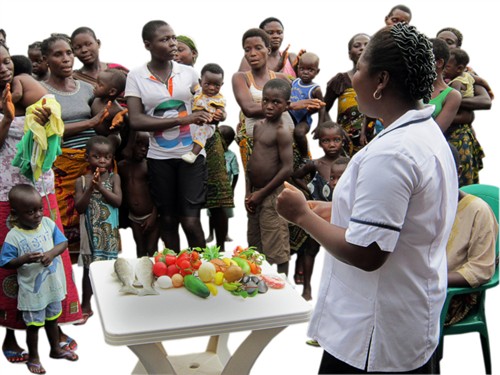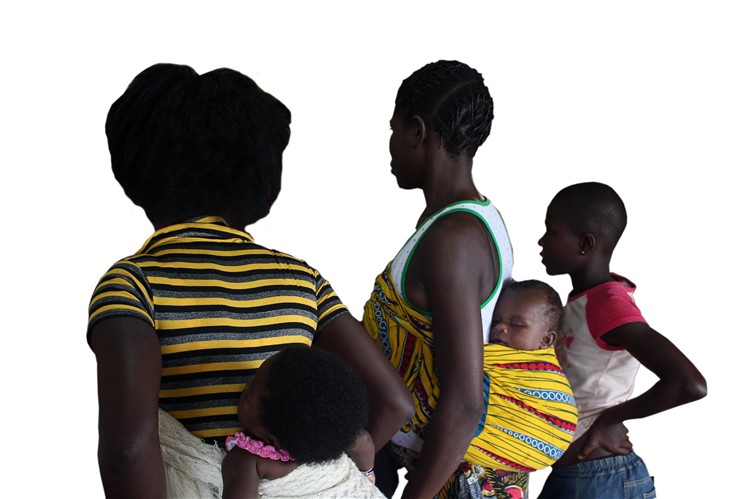Healthcare

Our clinics are situated in a riverine setting and accessible only by boat. We supply Primary Care programs that are delivered by trained Health Care Workers covering four of the eight Millennial Development Goals set out by the United Nations.
· Maternal Health
· Child Health
· Poverty and Hunger
· Combating HIV / AIDS
Evidence points to Community Health Workers as being the best resource to deliver change at a local level.
We directly cover a community of 3000 people, treating between 350-400 patients a month. We also cover a number of neighbouring communities, our services accessible to over 50,000 people. Across our four clinics we can treat up to 700 patients a month.
Large-scale medical and surgical camps are valuable, but long term changes to health behaviour are rooted in the sustained educational and primary care initiatives ongoing at a local level.
Effective health care requires primary, secondary and ideally tertiary centres with effective triage to the next level. New Foundations works at the simplest primary level, integrated within communities with occasional forays into larger secondary care surgical camps in partnership with other NGOs.
Many problems ideally require onward referral but lack of transport and funds, coupled with poor secondary care mean we often have to deal with challenges that are demanding, e.g. gas, gangrene, cerebral malaria, and severe infections.
Current Programs:
Maternal Health:
• Educational and preconception counselling
• Contraception and STD education
• Antenatal care and review
• Safe delivery and post-partum care
• Home follow-up for all new born
• Breast feeding, nutrition and social support
Child Care:
• Vaccination programs
• De-worming and eye surveillance
• Child development screening
• Nutritional education and feeding programs
• Monitoring child abuse and abusive practices, e.g. cutting
• Treatment of childhood diseases (Integrated Management of Childhood Illness protocols)
Poverty and Hunger:
• Nutritional Education programs across communities
• Women’s focus groups
• In-patient feeding program
HIV/Aids
• Active TB surveillance and treatment program with HIV testing
• Risk factor avoidance education
• Contraception and safe sex teaching
• Counselling and referral to ARV treatment program
Medical programs
• Infectious disease treatment, and vector control
• Minor injuries
• State Government recognised TB centre, diagnosis and treatment
• Laboratory services and transfusion

Eye program:
Community Eye Care
Poor vision through refractive error, cataract, injury and vitamin deficiency remain a very real problem and there is little emphasis to seek help for these, perceived as non-life threatening problems.
In partnership with Mission for Vision UK, we have dedicated a specific clinic as a community eye centre where prescribed glasses can be made, and where screening for diseases such as diabetes and hypertension, those things that can have serious visual complications, can be undertaken.
Patients can be screened for cataract and glaucoma, and regular cataract camps undertaken. The centre is fully equipped for training and community, school, church and workplace education with a dedicated community eye care worker.
Mission for Vision provides ongoing education and training of the workers .

|
|
| |
|
|
|